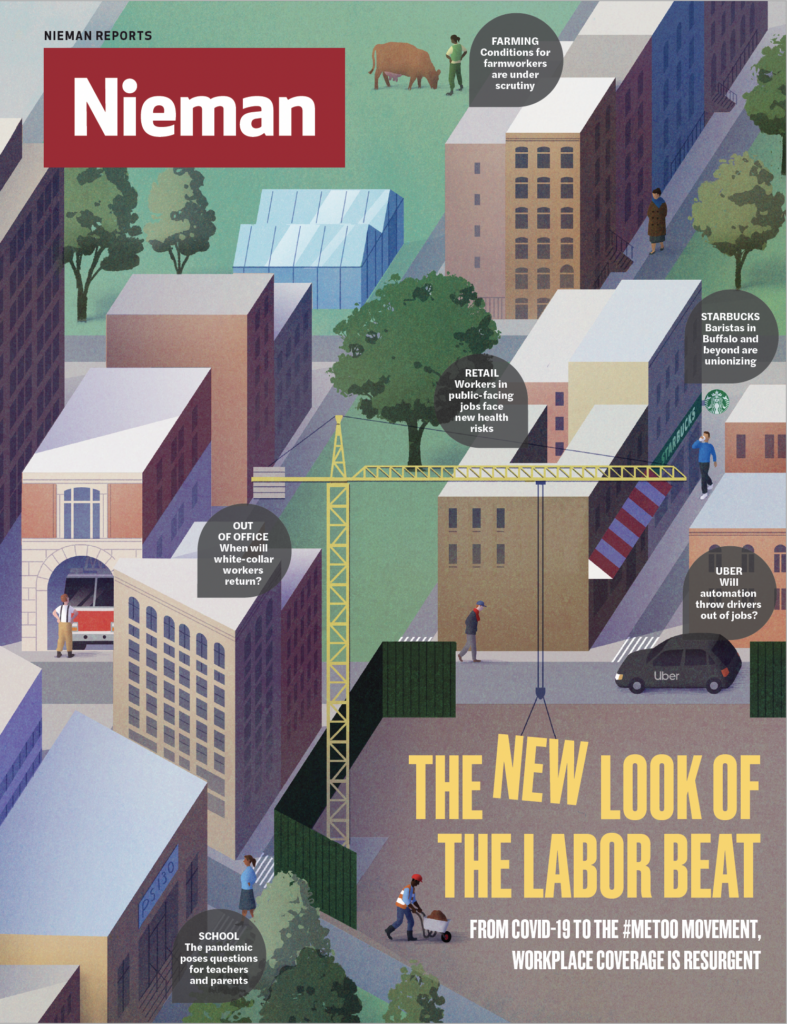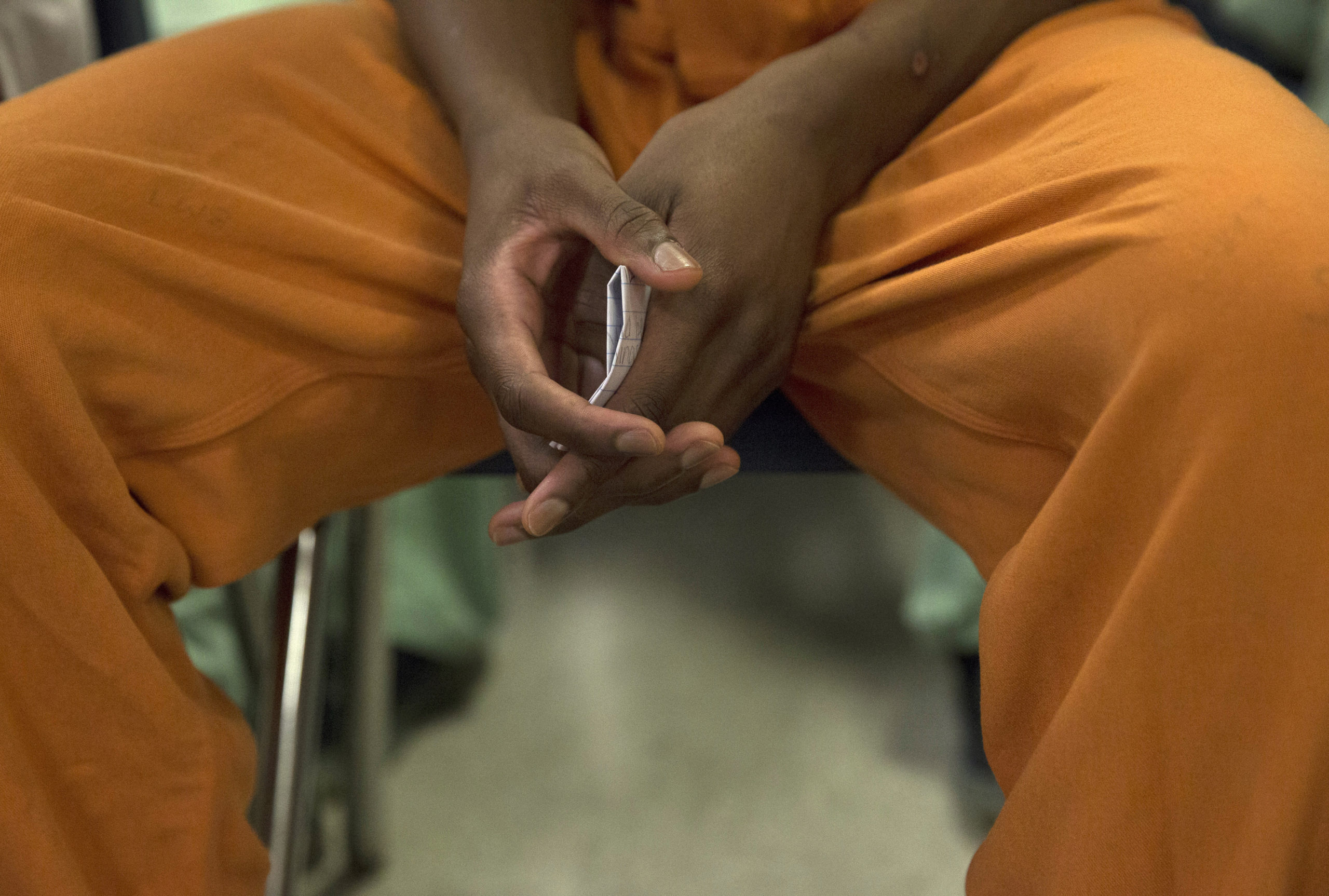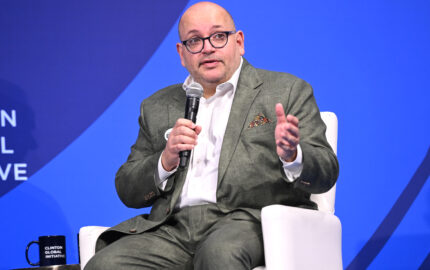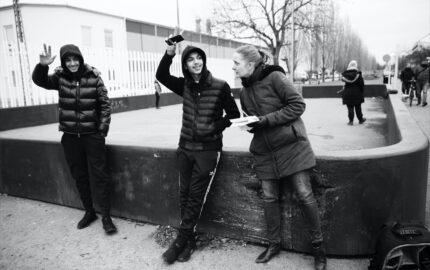
Once considered a marquee assignment, the labor beat spent years on the decline. Over the past decade, however, the beat has bounced back to cover everything from how Uber treats its workers to the #MeToo movement to the lack of affordable child care.
Fueled by the Great Recession, the rise of digital media, and the pandemic, today’s labor beat tackles a different set of questions from its union-centric predecessor: Will many white-collar workers never return to the office? Will pandemic-battered workers press for workplace safety? And will the Great Resignation cause American corporations to treat their workers far better?
The United States incarcerates kids at substantially higher rates than most other countries.
That’s despite decades of research saying supportive programming addresses young peoples’ risky and harmful behavior more effectively than punitive measures. In parts of the U.S., that research has led to reforms, but not everywhere. So even though we know better, why do American policymakers continue to invest in juvenile incarceration?
As a Nieman Abrams Fellow, I spent a year trying to answer that question in Wyoming — a state that for decades has incarcerated kids at a rate well above the national average. It’s hard to deliver services to children with behavioral health needs in small communities dispersed across a vast state, but there also hasn’t been the political will to try. Wyoming relies on its courts without any way of tracking what happens to kids in the justice system.
That lack of data allows lawmakers to ignore the problem and makes it difficult for reporters to cover it. After I had multiple records requests denied by the Wyoming Supreme Court, as well as local law enforcement agencies, I made my way into the story by spending time with the children caught up in the system and their families. There were patterns in the stories they told me: Trauma. Abuse. Anxiety. Depression. Autism. Learning disabilities. Suicide attempts.
Some of my reporting aired on Wyoming Public Radio. The story of one young woman and her family turned into an episode for Reveal, the hour-long radio show produced by the Center for Investigative Reporting. While problems with the juvenile justice system are under-reported, what does get covered often centers around urban communities. I wanted to shine a light on what’s happening to incarcerated kids in rural communities. My reporting also resulted in a comic in the hopes of engaging younger audiences.
All that work has drummed up attention. The state legislature has decided to study juvenile justice reform, and lawmakers are calling for data. There are bills on the table to improve juvenile justice practices that lawmakers will consider during its legislative session early next year. For now, it’s wait and see.
Not long ago, I was asked by a journalism student why policymakers don’t respond to reporting that makes a clear case that what we’re doing isn’t working. Here’s what I think it boils down to: When the children of the elected politicians get in trouble with the law or struggle with school, they can afford lawyers and tutors. They have the time to drive their children to mental health providers and other specialists. The families I interviewed don’t have those resources, and it’s up to journalists to amplify those stories.



